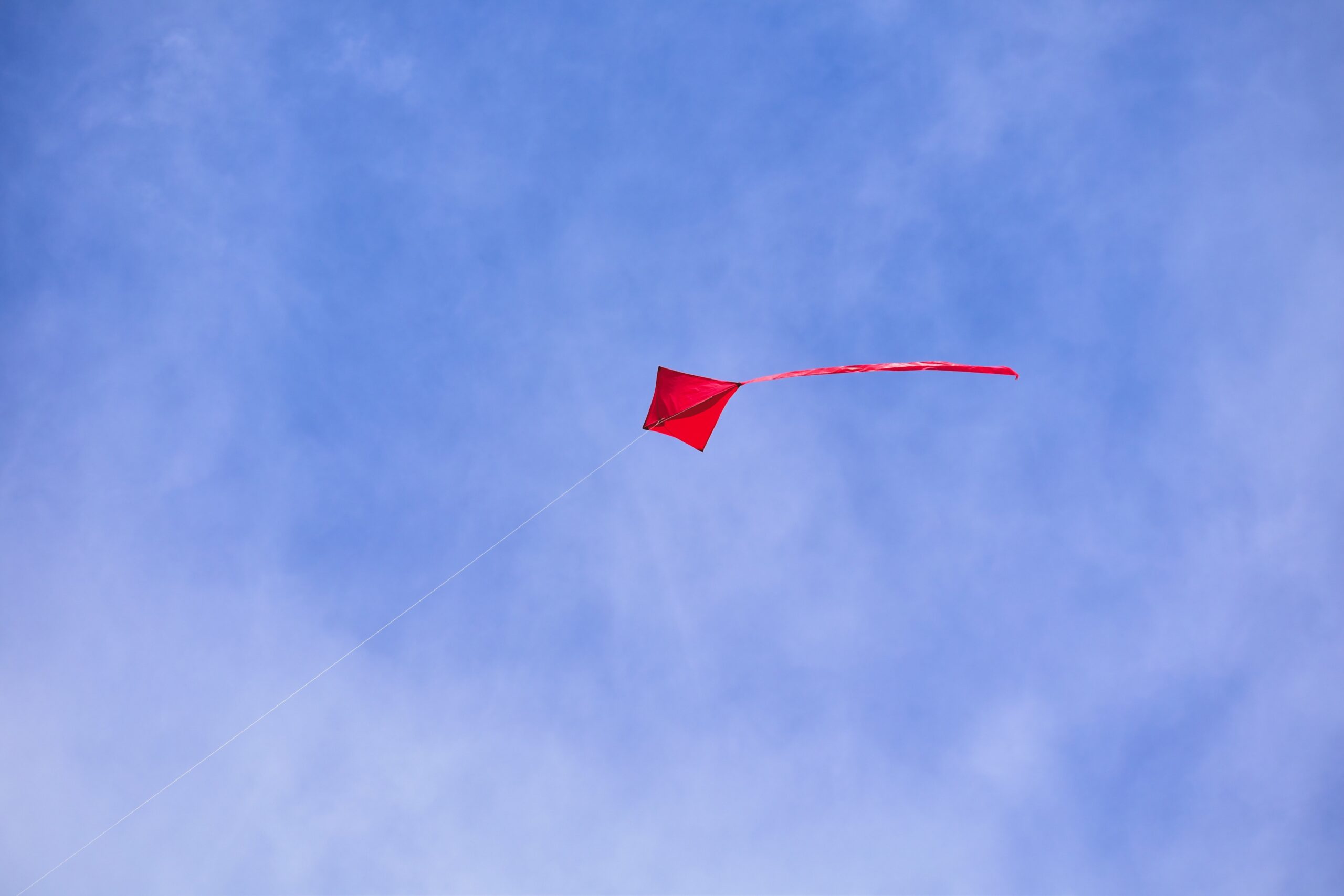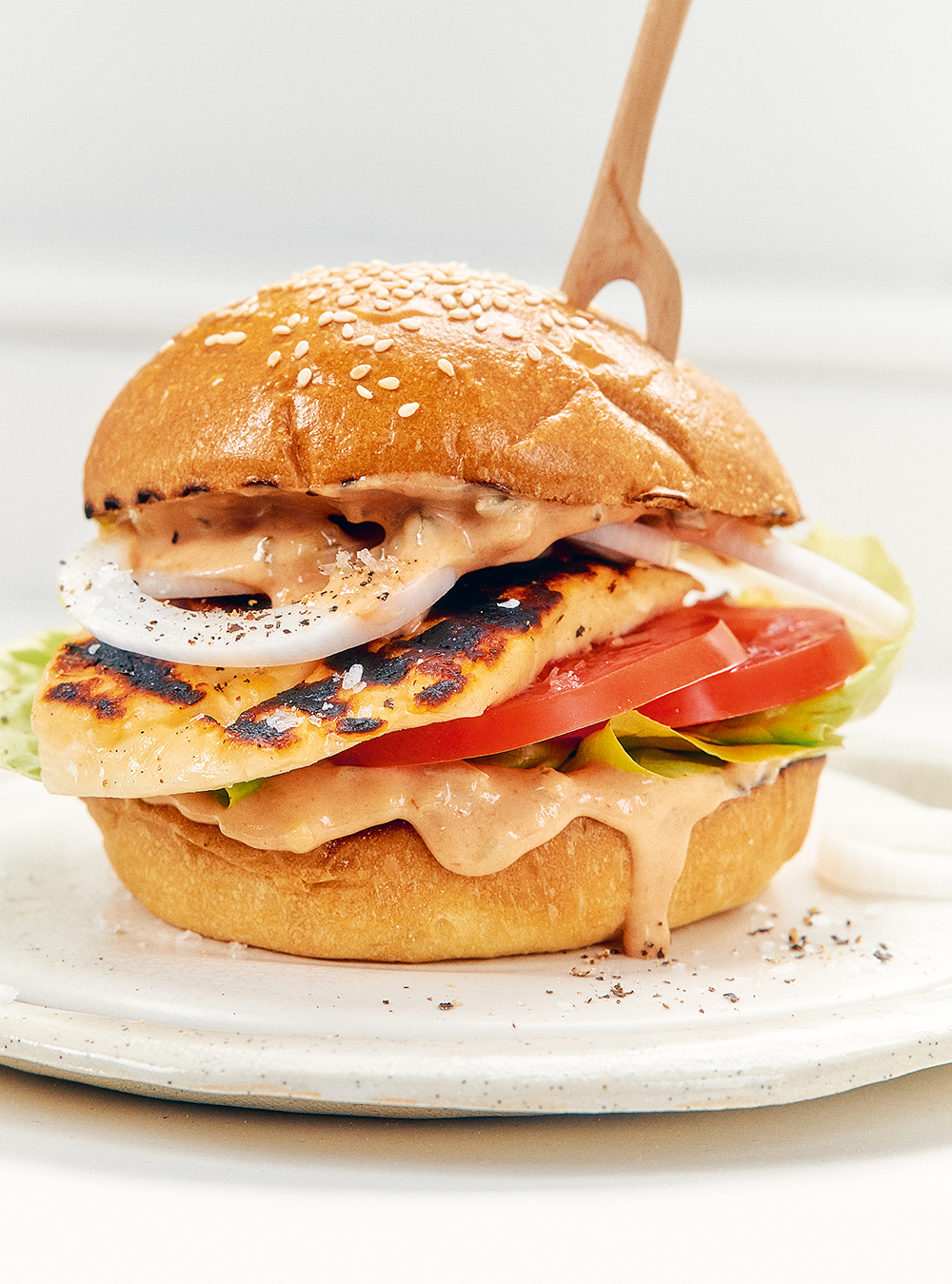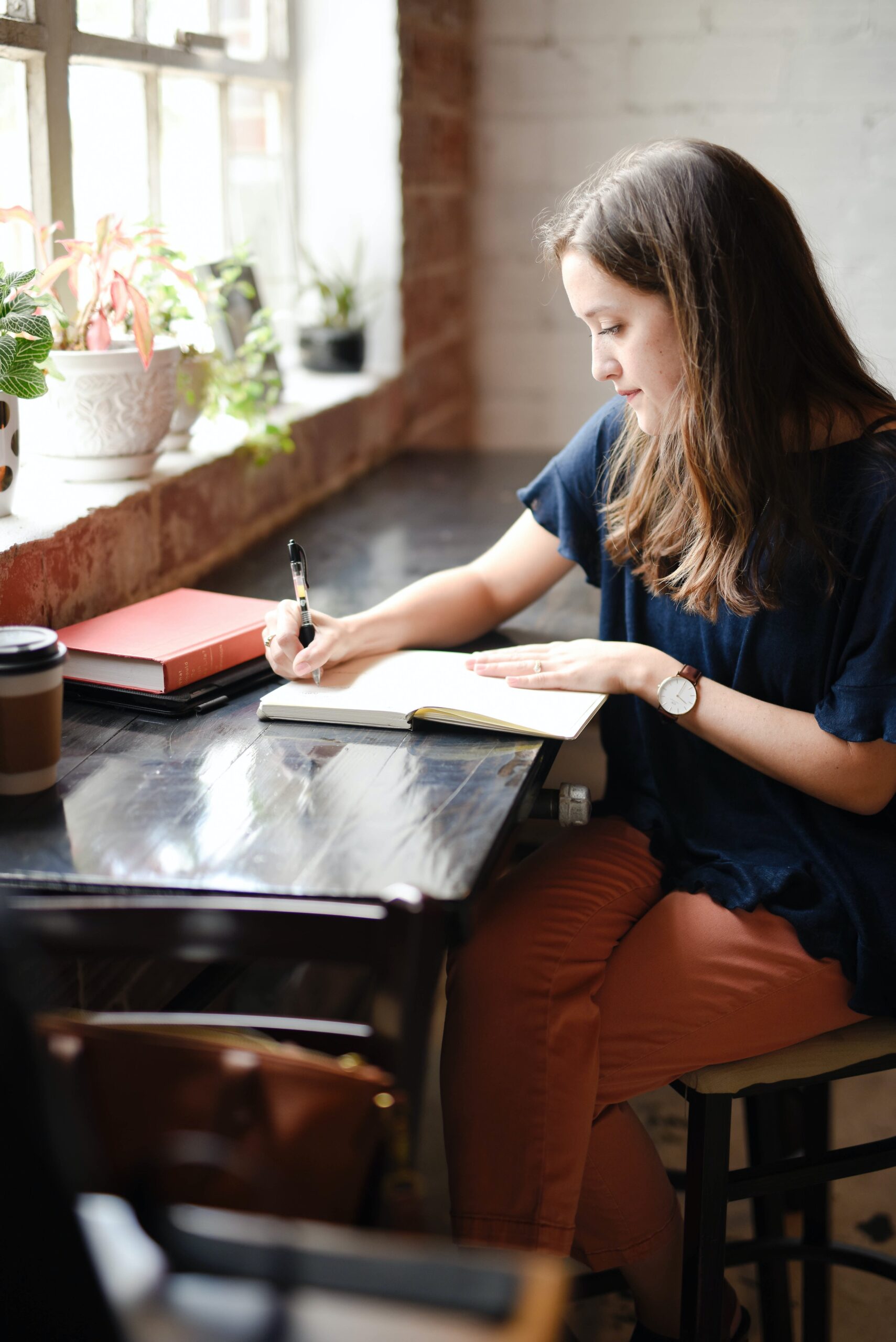Many Kiwis suffer from eating disorders, so two mental health advocates have created a wellbeing programme to help.
Love your Kite is an app-based personal development initiative designed by two mental health advocates: Hannah Hardy-Jones and Genevieve Mora.
The pair didn’t know each other until their paths crossed last year but are now part of a new wave of female entrepreneurs who are using their own mental health experiences to help others.
Hannah’s story
The birth of Hannah’s first child Alice eight years ago was so traumatic that it threw the successful human resources consultant into shock.
Afterwards, Hannah and her husband, Nick, watched out for signs of the baby blues but they never came.
Instead, she experienced inexplicable manic highs. She had loads of energy, talked incessantly and barely slept.
Back at home in Christchurch, she was unable to sit still or to focus.
Her family thought her behaviour was unusual, but what no one realised was that the birth had led to irreparable chemical changes in her brain so that Hannah developed postpartum bipolar disorder – a rare condition brought on by the hormonal changes of childbirth.
Hannah describes this tumultuous time as particularly shocking as she had had no history of mental illness. “I felt like I managed my mental health really well through really stressful jobs.
“When I got the diagnosis, I felt like I had been hit by a bus. You can never recover, all I can do is manage it. I will be on medication all my life and one of the things I’m trying to do is to break down the stigma associated with taking medication. Bipolar is a severe condition, which means you need it.’’
One thing she found frustrating, though, was the reaction from people who said: “Wow you seem so normal’’.
“It made me so mad. That’s one thing I’m trying to change – the stigma around bipolar. There aren’t many recovery stories where people are talking about it. Once it’s managed they don’t want to talk about it because of the stigma. But it’s me. It’s a fundamental part of my journey.’’
Following such a traumatic start to motherhood, Hannah found it difficult to return to her corporate job and instead decided to help other struggling mothers.
Hannah developed her Kite programme: an app-based wellbeing initiative that takes mothers through a 35-week course covering topics such as sleep, mum guilt and coping with the ‘juggle’.
Each day users are sent a note containing a simple and practical activity to work through at their own pace.
In advance, she surveyed 500 new mothers about how hard they were finding new motherhood.
They felt disconnected from their partners, guilty about returning to work, and were sleep-deprived. “It was heartbreaking hearing how isolated they felt.’’
“The feedback is that [Kite for Mums] is like a friend in their pocket. It helps them feel cared for, validated and listened to.’’
Her wellbeing Kite programme has also been developed for corporates, and last year, she was told she should adapt a version for eating disorder sufferers.
So she reached out to Genevieve to join her in creating Love Your Kite.

Genevieve’s journey
As a child growing up in Auckland, Genevieve Mora developed obsessive compulsive disorder, washing her hands until they bled.
As a teen, this obsession spiraled into severe anorexia nervosa, which she suffered from ages 13 to 17.
She was admitted to hospital and psychiatric units multiple times and only recovered when her parents sent her to a private clinic in the United States.
“In my case, OCD, anorexia and anxiety all worked together. It was a long road,’’ she says.
Genevieve decided to use her own survival story to help others.
Four years ago, she and another mental health survivor, Jazz Thornton, set up a not-for-profit charity, Voices for Hope.
Together Genevieve and Jazz made and launched a short film, Dear Suicidal Me, which gained worldwide media attention.
Genevieve and Jazz also speak at schools, corporate events and workshops.
“If sharing my story and vulnerability can help make someone else’s journey easier, then my years of fighting my own mind were so worth it,’’ Genevieve says.
Genevieve quickly jumped at the chance when Hannah approached her about expanding the Kite programme to help eating disorder sufferers.
Genevieve already ran a weekly eating disorder support group on Zoom, but she saw gaps in what was being offered. Eating disorders are on the rise and there are long waits for treatment.
Based on Ministry of Health data, in 2011, 871 females and 49 males were seen by eating disorder services while in 2019, 1420 females and 136 males accessed the same services.
Last year, the anxieties of the Covid-19 lockdown added to the surge – the Eating Disorders Association reported a 400 per cent rise in calls.
Genevieve says: “I have a huge number of people reaching out and being told there is at least a four month wait list. There is a serious lack of resources so people are being left out and being told to come back when they’re sicker. But that’s counterproductive as a lot of people don’t look like they’re unwell.’’
Love Your Kite is unique as an eating disorder resource and, since the app launched in February, about 1000 people from around the world have downloaded it.
Like Hannah’s other Kite programmes, it works on the idea of microlearning – taking small steps towards personal development and recovery.
It’s early days but eating disorder organisations such as the Butterfly Foundation in Australia are promoting it.

Building a resource
With more than 30 ‘kites’, Love Your Kite works on the idea of choosing an activity a day.
There is one kite on how to shop for food when you have an eating disorder, and another designed to improve body image. Genevieve developed a kite about the fear of slipping up’.
“A lot of people I talk to are worried about slipping up and how to cope with a range of things like going to events where there is food there.’’
Some kites are broader, such as positive self-talk, a social media cleanse, or writing a letter to a family member who means something to you.
“Hannah and I decided we wanted something that was a kind and caring resource to help people on the journey to recovery.
The problem is that a lot of the app and online programmes for eating disorder sufferers are either food trackers or clinical ones offering medical help.
“We’ve put a lot of love into this. We’re hearing that some people can’t afford care elsewhere. We’re not here to replace care as we both believe that’s really important. We see it as a bridge to realising they might need more support for those who haven’t yet accepted they’ve got a problem.’’
She would have loved to find a resource like this when she was unwell. “It took me a while to accept that I had an issue and I don’t think I would have downloaded it. But then once I was on the road to recovery, I would have reached out for this therapy.’’
Hannah has never suffered from an eating disorder herself but growing up she knew people who did: “People usually have a story – my niece, my friend’s daughter, or someone has anorexia. We hope this will also help break down the stigma. There’s no shame in it. We can never stop talking about it. We just have to help each other.’’







